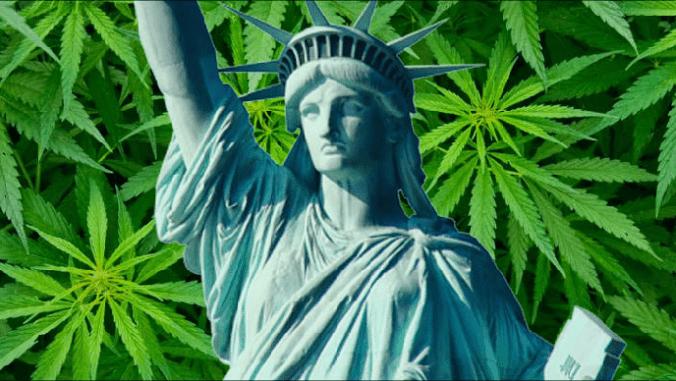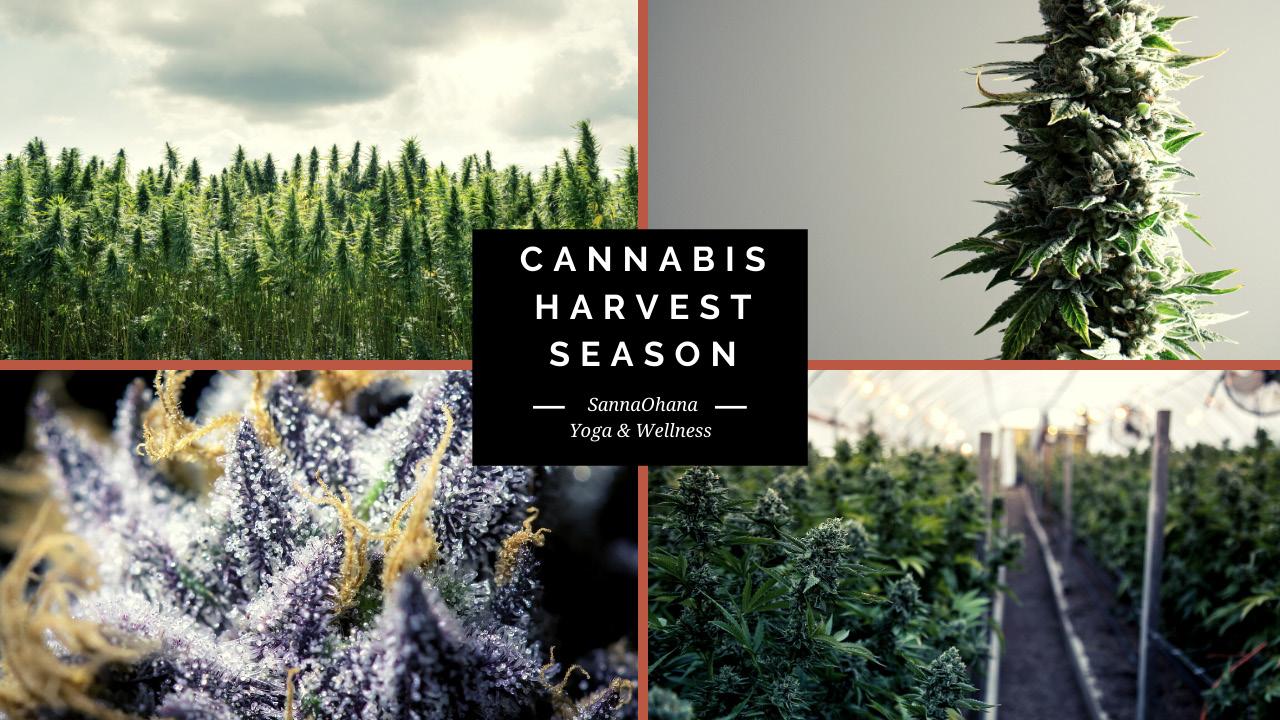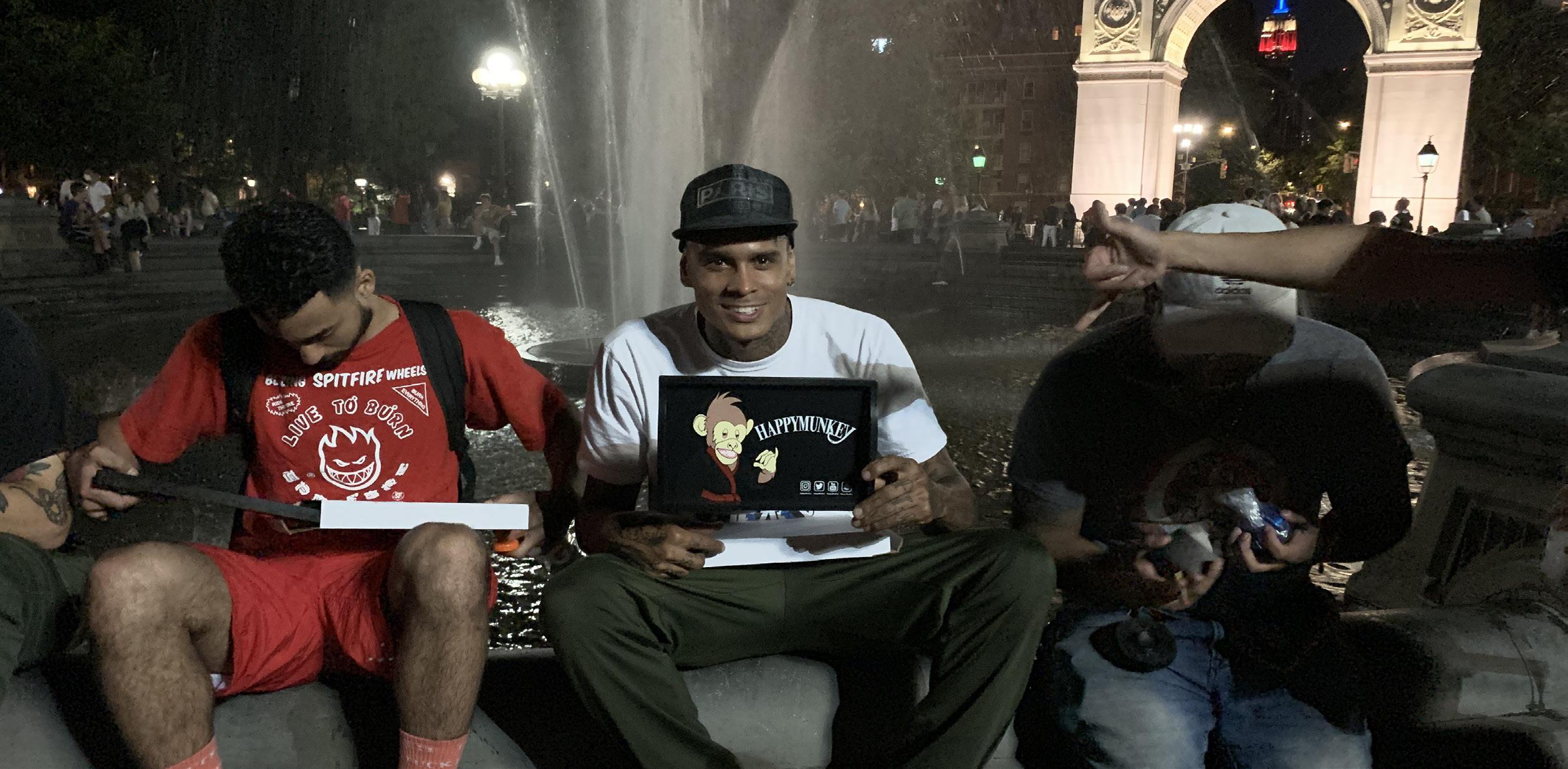
7 minute read
Back to NORML: A Brief Look At The Man Behind WALKS Americas Foremost Cannabis WITH Advocacy Group And Its 50-year Fight For Your Right To Party.
from Munkey Biz Issue 11
by HAPPY MUNKEY
By Bobby Black
This year marks the golden anniversary of our nation’s longest-running cannabis legalization association: the National Organization for the Reform of Marijuana Laws—or, as it’s better known, NORML.
Advertisement
Comprising thousands of activists and hundreds of lawyers, NORML’s mission is to advocate for the rights of cannabis users by mounting legal initiatives, defending and testifying for the accused, starting petitions and boycotts, appealing to the media, and lobbying politicians. At the heart of this vast effort is a man who has devoted his life to the struggle of changing America’s unfair and outdated drug laws; one who has not only gained the respect and friendship of most of the counterculture’s greatest icons but ended up becoming one in his own right—earning him the nickname “Mr. Marijuana.” That man is NORML’s founder, former executive director, and current legal counsel, Keith Stroup.
A southern Illinois farm boy turned Washington lawyer, Stroup started out working under consumer advocate Ralph Nader before forming NORML in 1970. One of the group’s first endeavors was to pressure Nixon’s National Commission on Marihuana and Drug Abuse to allow NORML activists to testify at their hearings. Stroup publicly challenged the old lies first put forth by the yellow journaHelvetica magazine lism and exploitation films of the 1920s and 30s such as Marijuana—Assassin of Youth, and his testimony helped sway the panel and the president’s commission finally recommended that marijuana be decriminalized. Unfortunately, Nixon completely disregarded that advice.
Those early propaganda pictures were largely forgotten…buried in archives to collect dust for decades. That is until 1972, when Stroup’s lecture agent made him aware that the films had recently entered the public domain. Stroup procured a copy of Reefer Madness from the Library of Congress for $297, streamlined it down to 35 minutes and began showing it after his lectures.

“It was so overdone, I knew the students would love it,” Stroup chuckles. “And of course, they did!”
The screenings were a big hit—not only increasing ticket sales and educating the students about the absurdity of prohibitionism, but also giving them an opportunity to spark up once the lights went down. World of Cannabis has three items from this historic 1972 college tour in our museum collection: a promotional poster for the film with the NORML logo in the top corner, and two pages with various sized print ads for the screenings (all black and white). Also from that period, we have a limited-edition art print of NORML’s square 50 “Liberate Marijuana” logo, numbered and signed by artist Fairchild Paris, with a stamp designating it as part of the Playboy Enterprises VIP Private Edition. This was an item that had been auctioned off at fundraisers for NORML in the Playboy Mansion during the 1970s. In the organization’s early years, Playboy and its provocative publisher Hugh Hefner played a crucial role in getting NORML off the ground.
“They were our first funder—the first dollar that ever came in the door came from Playboy,” Stroup recalls. “During the first 10 years of our existence in the 1970s, they were by far our largest funder.”
An initial $5000 donation from Playboy quickly blossomed into a $100,000 a year bankroll, two free full-page ads in each issue of the magazine, and several fundraisers at the Playboy Mansions—leading to a lasting friendship between Stroup and Hef. Over the years, however, another magazine would eventually eclipse Playboy as NORML’s top supporter: High Times, founded by pot smuggler and radical activist Tom Forcade. Stroup met Forcade in 1972—two years before High Times began —during the Democratic National Convention in Miami, when Forcade sold him weed from his perch up in a eucalyptus tree in “The People’s Park” located a few blocks down from the Convention Center.

Throughout the mid seventies, Forcade made a number of large cash donations to NORML including an infamous satchel filled with $10,000 in small, worn bills that were left on the doorstep of their Washington D.C. offices. The cash was accompanied by a typed note claiming that the cash came from a group of weed growers and smugglers calling themselves “The Confederation,” but it was Tom. After Forcade’s suicide in 1978, Stroup was one of a select few privileged to share a joint containing some of Tom’s ashes at a memorial party atop the old World Trade Center - the “highest” structure in the world.

On the same day Stroup met Forcade in Miami in 1972, he also met and blazed with the Yippie leaders Abbie Hoffman and Jerry Rubin, as well as an up-and-coming journalist from Rolling Stone named Hunter S. Thompson. Stroup introduced himself and shared Thompson’s joint after he smelled weed smoke wafting up from under the bleachers inside the convention center. Like Hefner, Hunter became one of Stroup’s lifelong friends—serving on NORML’s board of directors until his death in 2005.
Hunter and Hef weren’t the only cannabis icons Stroup counts among his BFFs though: legendary activist John Sinclair, cartoonist Gary Trudeau, the godfather of medical marijuana Dr. Lester Grinspoon, and country music star Willie Nelson are all old friends. Stroup was also close with then-President Jimmy Carter’s son Chip, which helped engender a surprisingly amiable and productive relationship with NORML while the Carter administration was in office. By 1978, NORML helped get marijuana decriminalized in 11 states and was inching towards nationwide decriminalization.
Sadly, that all ended after a falling out occurred between Stroup and Carter’s drug policy adviser Peter Bourne. Originally the two were on great terms—so much so that the Drug Czar actually attended one of NORML’s notorious D.C. pot parties and snorted a few lines of cocaine with Keith and the High Times crew. But soon after, they skirmished over the administration’s policy of spraying Mexican pot fields with the poison herbicide Paraquat. Later, when Stroup was confronted by a journalist about Bourne’s cocaine use, he replied with a version of the classic political dodge, “I can neither confirm nor deny the accusation”—effectively dry snitching on the drug czar. The ensuing scandal led to both men having to step down from their powerful positions.
Stroup didn’t return to NORML for 15 years—until he finally rejoined the board of directors and resumed his position as executive director in 1994 (which, coincidentally, happens to be the same year that I started working at High Times). Over the years, Keith and I have gotten high together on many occasions—at the High Times offices and anniversary parties, at various Cannabis Cups, and each September at the Boston Freedom Rally. I remember one time in particular when he got a group of us VIPs (Very Important Potheads) thrown out of a Boston nightclub because he repeatedly kept lighting up despite their many polite warnings. But his most celebrated Beantown bust happened in 2007, when he and former High Times associate publisher Rick Cusick were pinched for smoking a joint together at the 18th annual Freedom Rally on Boston Common. (Rick, who is on our advisory board, was my guest on Episode 2 of our Cannthropology potcast.) Despite offers to drop the charges, the duo insisted on taking the case to trial to make a political point and push for jury nullification.
Of course, the Freedom Rally is only one of countless cannabis events Stroup has spoken at: others include the historic Hash Bash in Ann Arbor and the Seattle Hempfest, where I passed him “the world’s largest joint” in 2008. We have a photograph in our collection of him speaking to the crowd at what we believe is the 30th Annual Hash Bash in 2001. We also have a piece of watercolor art of the word “NORML” with little pot trees and pandas on it (artist unknown) signed by Keith and his NORML’s former executive director Allen St. Pierre at NORML’s annual conference in Los Angeles back in 2007, 51 Today, NORML boasts 135 chapters across all 50 states and seven nations. And though marijuana is now legal for adult use in 11 states and for medical use in another 26, NORML’s fight is far from over.
“We want marijuana smokers to be treated fairly in all aspects of our lives,” Stroup explains. “That means I don’t want to be charged with a DUID unless there was some evidence I was actually impaired while I was driving. In a lot of states, you have to fight to maintain custody of your children if a nosy neighbor smells marijuana and reports you to the child welfare agency. The assumption is that if you smoke marijuana you’re an unfit parent… well that’s absurd! And in most legal states, an employer is still allowed to fire you if you test positive for THC without any indication you came to work impaired. So we now have the luxury of working on some of these nuances of the legalization movement.”
I’m immensely honored to call this living legend a friend, and to welcome him as the newest member of our advisory board.
For more on Keith and NORML, listen to his interview in Episode 3 of our Cannthropology potcast at worldofcannabis.museum/podcast or wherever you get your podcasts. To
join or donate to NORML visit norml.org.











